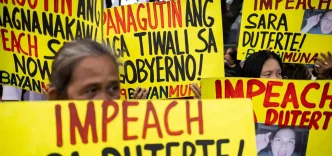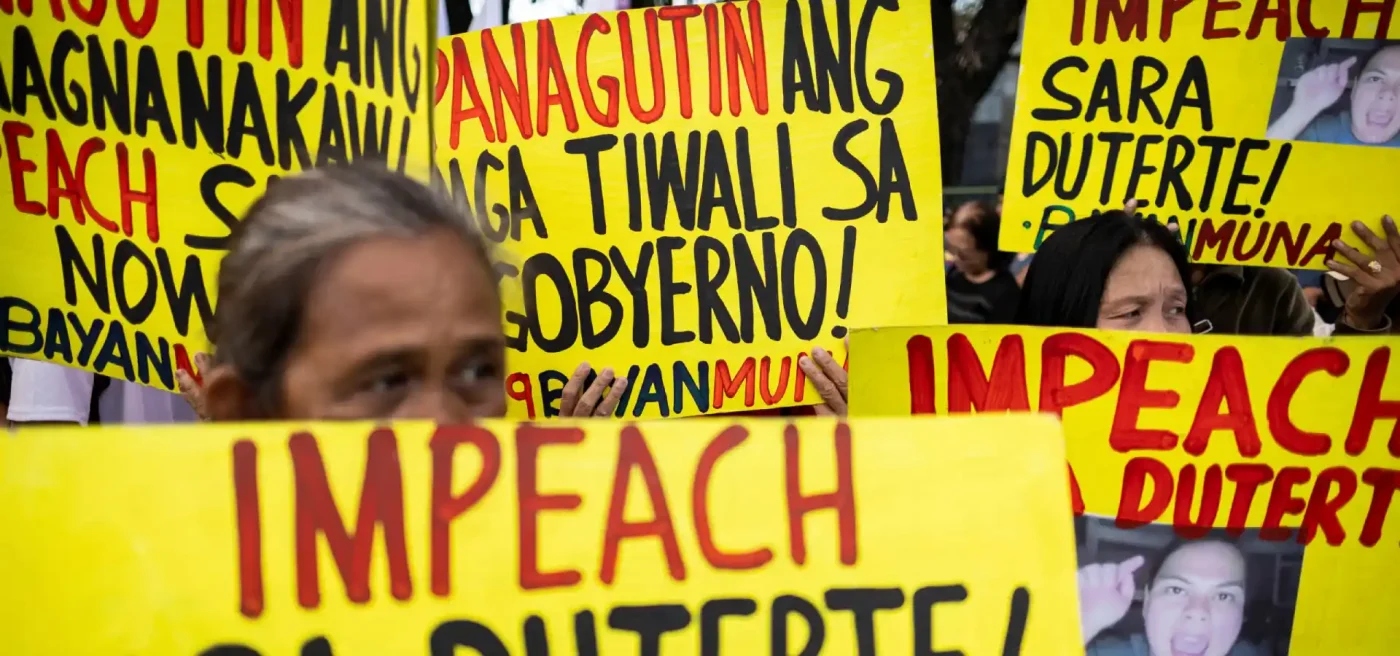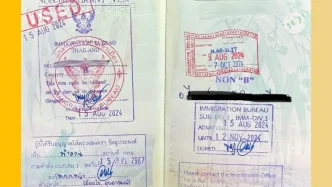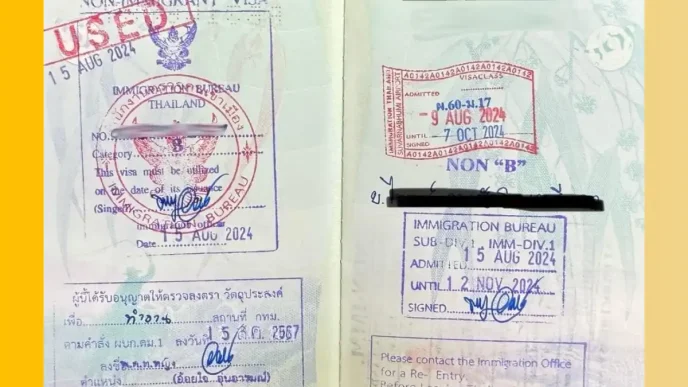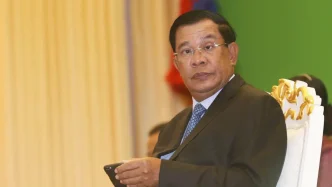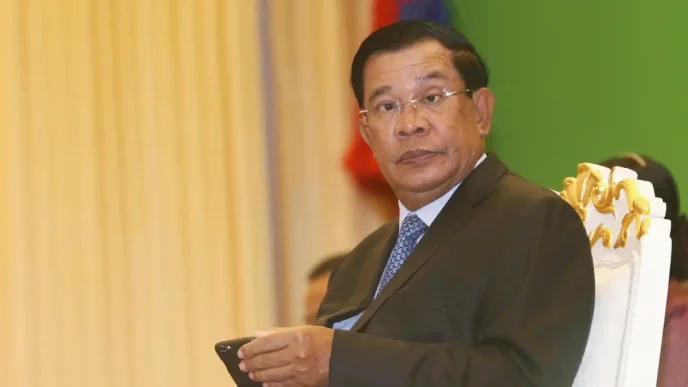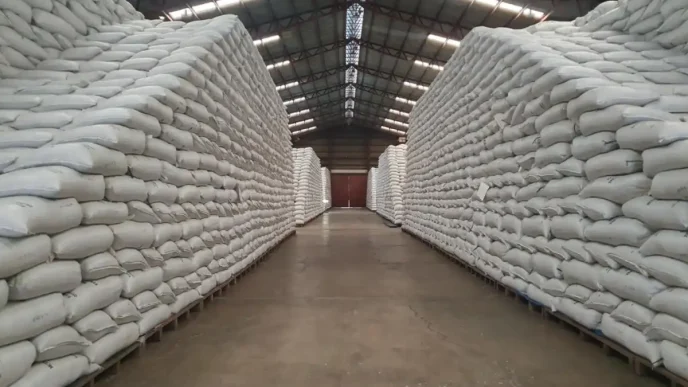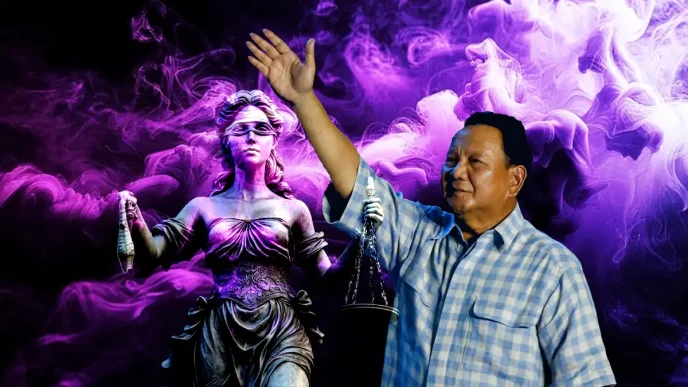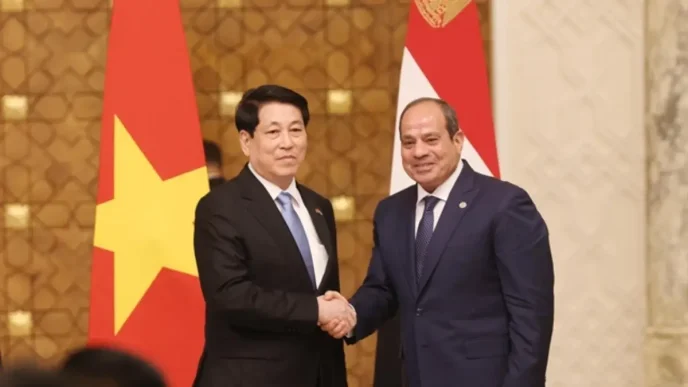The Philippine Supreme Court has directed Vice President Sara Duterte and her legal counsel, Israelito Torreon, to submit their responses to an appeal by the House of Representatives challenging a recent court ruling that deemed an impeachment complaint against Duterte unconstitutional. The order, issued on August 6, 2025, gives Duterte and Torreon a strict 10-day period to comply, with no extensions permitted.
A Contentious Legal Battle Unfolds
The Supreme Court’s directive follows its July 25, 2025, ruling, which invalidated the impeachment complaint against Vice President Duterte on procedural grounds. The court’s decision introduced a set of seven guidelines aimed at ensuring fairness in impeachment proceedings. These measures mandate that respondents, such as Duterte, receive copies of the Articles of Impeachment and supporting evidence, alongside a reasonable timeframe to prepare a defense.
However, the House of Representatives, represented by the Office of the Solicitor General, has contested this ruling through a 70-page motion for reconsideration. The House argues that the additional requirements imposed by the Supreme Court are not explicitly mandated by the Philippine Constitution and represent an overreach into the legislative body’s prerogatives. According to the motion, the impeachment process should remain unencumbered by judicially imposed technicalities that could delay or derail proceedings.
The House’s position hinges on the assertion that the Constitution already embeds safeguards for due process within the impeachment framework. Specifically, it points to Article XI, Section 3, which governs Senate trials for impeachment cases, as sufficient protection for respondents. The House emphasized that while Article III of the Constitution protects citizens from governmental overreach, Article XI serves as a mechanism for citizens to hold powerful officials accountable.
Constitutional Tensions and Political Implications
The ongoing legal skirmish between the House of Representatives and the Supreme Court underscores deeper tensions within the Philippine political system. Impeachment, as a constitutional tool, is designed to ensure accountability among high-ranking officials, but its application often becomes a flashpoint for partisan conflict and institutional power struggles. In this case, the House contends that the Supreme Court’s guidelines could hinder its ability to initiate and advance impeachment proceedings efficiently.
The House’s motion articulates a fundamental concern: that the judiciary’s intervention risks diluting the legislative branch’s authority over impeachment. It argues that the Constitution clearly delineates the process, requiring only the support of one-third of House members to file a complaint and trigger its transmittal to the Senate for trial. By imposing additional procedural hurdles, the Supreme Court, in the House’s view, is overstepping its role and encroaching on legislative autonomy.
This dispute is not merely a legal technicality but a reflection of broader questions about the balance of power in the Philippines. The impeachment process, while a critical check on executive and judicial authority, has historically been a contentious issue in Philippine politics. Past impeachments, such as that of former Chief Justice Renato Corona in 2012, have exposed the potential for political motivations to overshadow legal merits. Against this backdrop, the current case involving Vice President Duterte carries significant weight, as it could set a precedent for how impeachment proceedings are conducted in the future.
Sara Duterte’s Political Standing
Vice President Sara Duterte, daughter of former President Rodrigo Duterte, occupies a prominent yet polarizing position in Philippine politics. Her tenure as vice president has been marked by both staunch support from allies of her father’s administration and sharp criticism from opponents who question her policies and political alliances. The impeachment complaint, though ruled unconstitutional by the Supreme Court, represents a significant challenge to her standing, particularly as it highlights divisions within the country’s political elite.
While the specifics of the impeachment complaint have not been detailed in the Supreme Court’s recent orders, the case has drawn considerable public and media attention. Duterte’s legal team, led by Israelito Torreon, now faces the task of crafting a response that addresses the House’s appeal while reinforcing the Supreme Court’s earlier ruling in their favor. The non-extendible 10-day deadline adds pressure to an already high-stakes situation, leaving little room for delay or missteps.
Duterte’s political future may hinge on the outcome of this legal battle. As vice president, she remains a potential contender for higher office in future elections, and any perceived weakness or legal vulnerability could impact her prospects. Moreover, the case has the potential to strain relations between the executive and legislative branches, particularly if the House perceives judicial rulings as obstructing its constitutional duties.
Broader Implications for Impeachment Processes
The Supreme Court’s guidelines, while intended to ensure fairness, have sparked a debate about the judiciary’s role in shaping impeachment proceedings. Legal scholars in the Philippines have noted that while due process is a cornerstone of democratic governance, the judiciary must tread carefully to avoid being seen as interfering in political processes. The House’s argument—that the Constitution already provides adequate protections through Senate trials—raises valid questions about the necessity of additional judicial oversight.
At the heart of this debate is the interpretation of the Philippine Constitution itself. Article XI outlines the framework for impeachment, vesting the House of Representatives with the power to initiate complaints and the Senate with the authority to conduct trials. However, the Constitution does not explicitly address the procedural details that the Supreme Court has now sought to define. This ambiguity has fueled the current conflict, as both the House and the judiciary stake competing claims to interpretive authority.
For the public, the case serves as a reminder of the complexities inherent in holding high-ranking officials accountable. Impeachment, while a vital democratic mechanism, is often perceived as a tool wielded by political factions to settle scores rather than uphold justice. The outcome of this appeal could either reinforce public trust in the system—by ensuring fairness and transparency—or deepen cynicism if it is seen as another chapter in partisan warfare.
Regional Context and Comparative Perspectives
The Philippines is not alone in grappling with the challenges of impeachment and political accountability. Across Southeast Asia, countries such as Indonesia and Thailand have faced similar struggles in balancing judicial oversight with legislative and executive powers. In Indonesia, for instance, the Constitutional Court has occasionally intervened in political disputes, drawing criticism for overstepping its mandate. Similarly, Thailand’s history of military coups and judicial interventions highlights the fragility of democratic institutions in the face of entrenched power dynamics.
In this regional context, the Philippine case offers a valuable case study. The Supreme Court’s attempt to standardize impeachment procedures could serve as a model for other nations seeking to strengthen democratic checks and balances. However, it also risks setting a precedent for judicial overreach, particularly if legislative bodies in other countries perceive such interventions as undermining their authority.
For now, the focus remains on Vice President Sara Duterte and her legal team’s response to the House’s appeal. Their submission, due within the tight 10-day window, will likely shape the next phase of this legal and political saga. As the Supreme Court weighs the arguments from both sides, its decision will carry far-reaching implications—not only for Duterte’s future but for the broader framework of accountability in Philippine governance.
Looking Ahead: Unresolved Questions
As the legal proceedings unfold, several questions remain unanswered. Will the Supreme Court uphold its earlier ruling and guidelines, or will it concede to the House’s argument for legislative autonomy? How will Vice President Duterte’s response influence public and political perceptions of her leadership? And perhaps most critically, what precedent will this case set for future impeachment efforts in the Philippines?
The stakes are high, not just for the individuals and institutions involved but for the integrity of the country’s democratic processes. As the deadline for Duterte’s response approaches, all eyes will be on Manila, where the intersection of law and politics continues to test the resilience of Philippine democracy.

